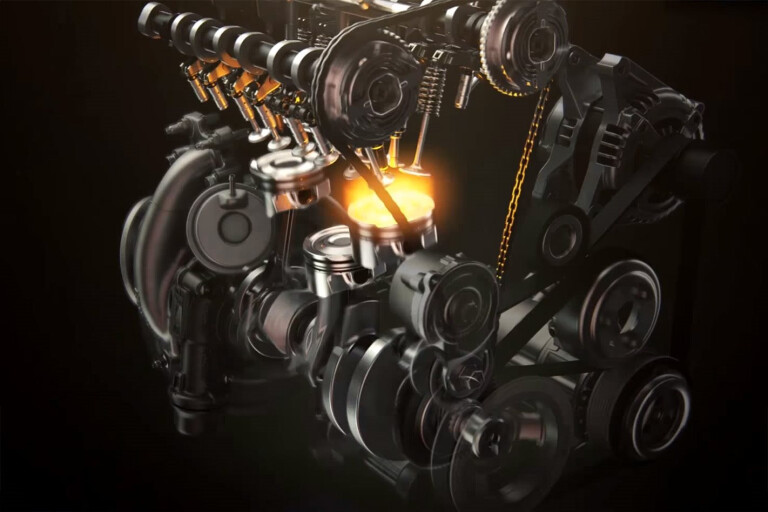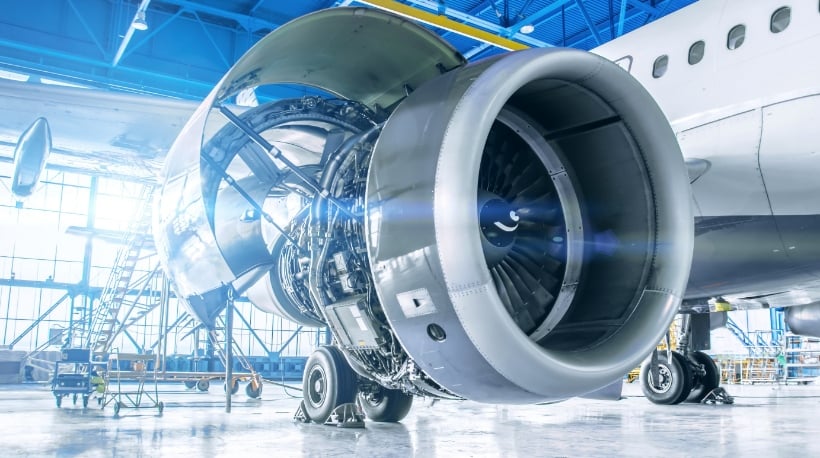The Effect of Innovative Engine Technologies on Energy Efficiency and Environmental Sustainability
In the world of transportation and industrial machinery, the constant pursuit for enhanced energy efficiency and minimized environmental influence has led to considerable improvements in engine innovations. From the steady shift in the direction of electrical and hybrid systems to the assimilation of turbocharging for enhanced effectiveness, the landscape of engines is progressing quickly.
Advancement of Engine Technologies
The development of engine technologies over the decades has been noted by constant technology and refinement in pursuit of improved performance and effectiveness. From the early days of inner combustion engines to the innovative crossbreed and electrical powertrains of today, the development of engine innovations has been driven by a ruthless mission for enhanced gas effectiveness and lowered discharges.
One considerable milestone in this evolution was the advancement of turbocharging and straight shot systems, which dramatically improved engine power outcome while improving fuel effectiveness. These innovations enabled smaller, extra lightweight engines that could supply the performance of bigger ones without endangering on efficiency.
Furthermore, improvements in products science have caused the prevalent adoption of lightweight materials such as light weight aluminum and carbon fiber in engine building. This has not only lowered total vehicle weight but has actually additionally enhanced engine performance by decreasing energy losses related to inertia and rubbing.
Benefits of Electric and Hybrid Systems
With the expanding focus on sustainability and power efficiency, what advantages do electric and hybrid systems offer in the realm of engine innovations? Additionally, electrical and hybrid systems are a lot more energy-efficient, transforming a greater percent of kept power right into propulsion contrasted to conventional engines. Crossbreed systems combine the benefits of electric propulsion with the flexibility of a burning engine, offering prolonged minimizing and driving ranges range stress and anxiety for customers transitioning to electric automobiles.
Turbocharging for Improved Performance
Innovative engine innovations like hybrid and electric systems have actually paved the means for improvements in car performance, with turbocharging becoming a crucial strategy for boosting total performance and sustainability. Turbocharging jobs by utilizing a turbine to force more air into the burning chamber, allowing for far better fuel burning and boosted power output without a substantial increase in engine dimension. This process, referred to as forced induction, makes it possible for smaller sized, a lot more fuel-efficient engines to create power levels similar to larger ones. By making best use of the efficiency of the burning process, turbocharged engines can accomplish better gas economy and minimized discharges, adding he has a good point to ecological sustainability. Furthermore, turbocharging boosts engine responsiveness, providing motorists with a more dynamic driving experience. The widespread adoption of turbocharged engines in both fuel and diesel cars shows their effectiveness in balancing efficiency, effectiveness, and environmental impact. As vehicle makers proceed to fine-tune turbocharging innovation, its function in advertising energy effectiveness and sustainability in the transportation market is expected to grow further.
Taking Advantage Of Alternative Fuels
Using alternate gas offers an appealing avenue for reducing carbon discharges and branching out the energy resources made use of in transport. As the world makes every effort to fight climate modification and lower dependence on nonrenewable fuel sources, alternative fuels have obtained considerable attention for their prospective environmental and financial advantages.
Biofuels, such as ethanol and biodiesel, are derived from eco-friendly sources like algae, sugarcane, and corn, offering a cleaner burning option to traditional gas and diesel. These fuels can be blended with existing petroleum fuels or made use of in devoted engines, supplying a path to reduced greenhouse gas discharges and enhance air top quality.
Moreover, hydrogen fuel cells have actually become an appealing modern technology for zero-emission transportation. engines for africa. By transforming hydrogen gas into electricity to power electric motors, gas cell cars produce just water vapor as a result, removing damaging tailpipe exhausts totally
Along with lowering carbon exhausts, different gas can likewise boost power safety and security by branching out the fuel mix and reducing dependence on imported oil. Embracing alternate fuels in transport is a critical step in the direction of achieving a more sustainable and environmentally friendly future.

Future leads and ecological benefits
The environmental advantages of alternative fuels and their possibility for lasting sustainability are essential considerations in the transition in the direction of cleaner read the article power resources. Alternate gas, such as biofuels, hydrogen, and power, offer substantial ecological advantages compared to typical fossil gas. These fuels create lower levels of greenhouse gas exhausts, lowering air pollution and mitigating climate adjustment influences. Additionally, alternative fuels can aid diversify energy sources, improving power security and lowering reliance on limited sources.
Developments in innovation continue to enhance browse around this web-site the effectiveness and cost of alternate fuel cars, making them a lot more obtainable to consumers. By welcoming alternative gas and cutting-edge innovations, the path in the direction of an extra sustainable future becomes significantly attainable.

Conclusion
In final thought, innovative engine technologies have actually played a crucial duty in enhancing power performance and promoting ecological sustainability. The evolution of engine technologies, adoption of electrical and hybrid systems, utilization of turbocharging, and expedition of alternate gas have all contributed to increasing and minimizing exhausts performance.
In the world of transport and commercial equipment, the constant quest for improved energy effectiveness and lowered environmental impact has actually led to significant developments in engine modern technologies. Turbocharging works by utilizing a turbine to compel even more air into the burning chamber, permitting for much better gas burning and boosted power result without a considerable increase in engine size. By making the most of the performance of the combustion process, turbocharged engines can accomplish better fuel economic climate and lowered exhausts, adding to environmental sustainability. Alternative fuels, such as biofuels, hydrogen, and power, deal considerable ecological benefits contrasted to conventional fossil gas. The development of engine technologies, fostering of hybrid and electrical systems, application of turbocharging, and exploration of alternate gas have all added to boosting and lowering discharges performance.